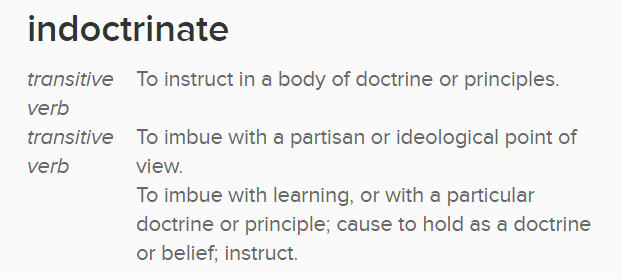And it's a FASCINATING story of how solid businesses get crippled by debt to make a few people rich.
When a pair of entrepreneurs called Luke Johnson and Hugh Osmond bought it for £15m.
(N.B. it's been in & out of so many hands it's v hard to find hard number sources.)
news.bbc.co.uk/1/hi/business/…
Luke Johnson is the private equity genius who presided over Patisserie Valerie (we all know how that turned out.)
theguardian.com/business/2019/…
He was also a private equity genius for a hot minute.
Then it emerged he'd run up £3bn in debt and the pubs got sold to Heineken for £403m
theguardian.com/business/2011/…
He spent it all on art, a hotel and trying to make Peterborough United a thing. His estate was £0 after probate when he died in 2018.
msn.com/en-gb/money/pe…
With a reverse takeover.
This means they took over a shell company called Star Computing (wtf?!) and became a PLC without an IPO.
independent.co.uk/news/business/…
In 1992, Pizza Express was trading at a pre-tax loss of £0.5m inc some property writedowns (back then we were coming out of a horrible property correction).
Pizza Express is a restaurant business, and restaurant businesses are VOLATILE.
Well, publicly listed companies have an advantage over private companies in one key respect.
They can access a wider range of 'alternative financing options'.
Which means they can accumulate more debt.
It made £20m in 2002, and sales grew by a disappointing 3%
theguardian.com/business/2002/…
Pizza Express has "lost its appeal" with consumers and is in financial trouble.
(I have been reading this sodding story my whole adult life.)
standard.co.uk/go/london/rest…
By then, Pizza Express was "troubled".
Former owner Hugh Osmond (remember him) tried to buy the chain and take it private for £250m.
scotsman.com/business/compa…
This bid collapsed and Osmond withdrew.
But Capricorn had another go with TDR and bought Pizza Express for £278m in 2003.
fnlondon.com/articles/tdr-a…
But importantly it was a private company owned by private equity funds.
If you don't know how private equity is supposed to work, here's a short explainer...
They also bought Ask and Zizzi & put all three businesses into one group, Gondola Holdings. They engineered cost savings at group level...
And floated it for £900m.
thetimes.co.uk/article/pizza-…
The actual company was valued at £560m
The remaining £350m was DEBT.
An entity called Paternoster, which was put together by Cinven, another private equity company.
It valued the company at £560m & took on the debt.
thecaterer.com/news/restauran…
(That's a LONG time in private equity. But there was a massive financial crisis in the middle.)
In 2009, the group's debt was nearly £1 billion
gondolaholdings.com/downloads/2009…

It sold Byron in 2013
Ask & Zizzi followed in 2014
And Pizza Express went in 2014 as well.
gondolaholdings.com/companyreports…
Yet another private equity deal, but what was interesting was where the money came from. China.
This was the high watermark period of Chinese capital acquiring overseas businesses.
ft.com/content/821fc3…
*again - it's had a few abortive tries over the years.
telegraph.co.uk/finance/newsby…
MOAR debt. The company's 2017 annual report is already quoting total debt for Pizza Express as more than £1bn.
corporate.pizzaexpress.com/~/media/Files/…

Pizza Express is living with an intolerable debt load and may fold (I too am deeply tired of the calzone jokes) taking thousands of jobs with it.
It's not because the underlying business is unsound. It's been in roughly the same shape SINCE THE EARLY 1990s.
After
1 buyout
2 IPOs
3 highly leveraged PE buyouts
I'm stunned there's anything left.
It's a business that's had been subjected to every perverse, bizarre and ill-starred financial engineering idea in the past 30 years and survived.
And they did all that by selling pizza.
(Thank you.)














